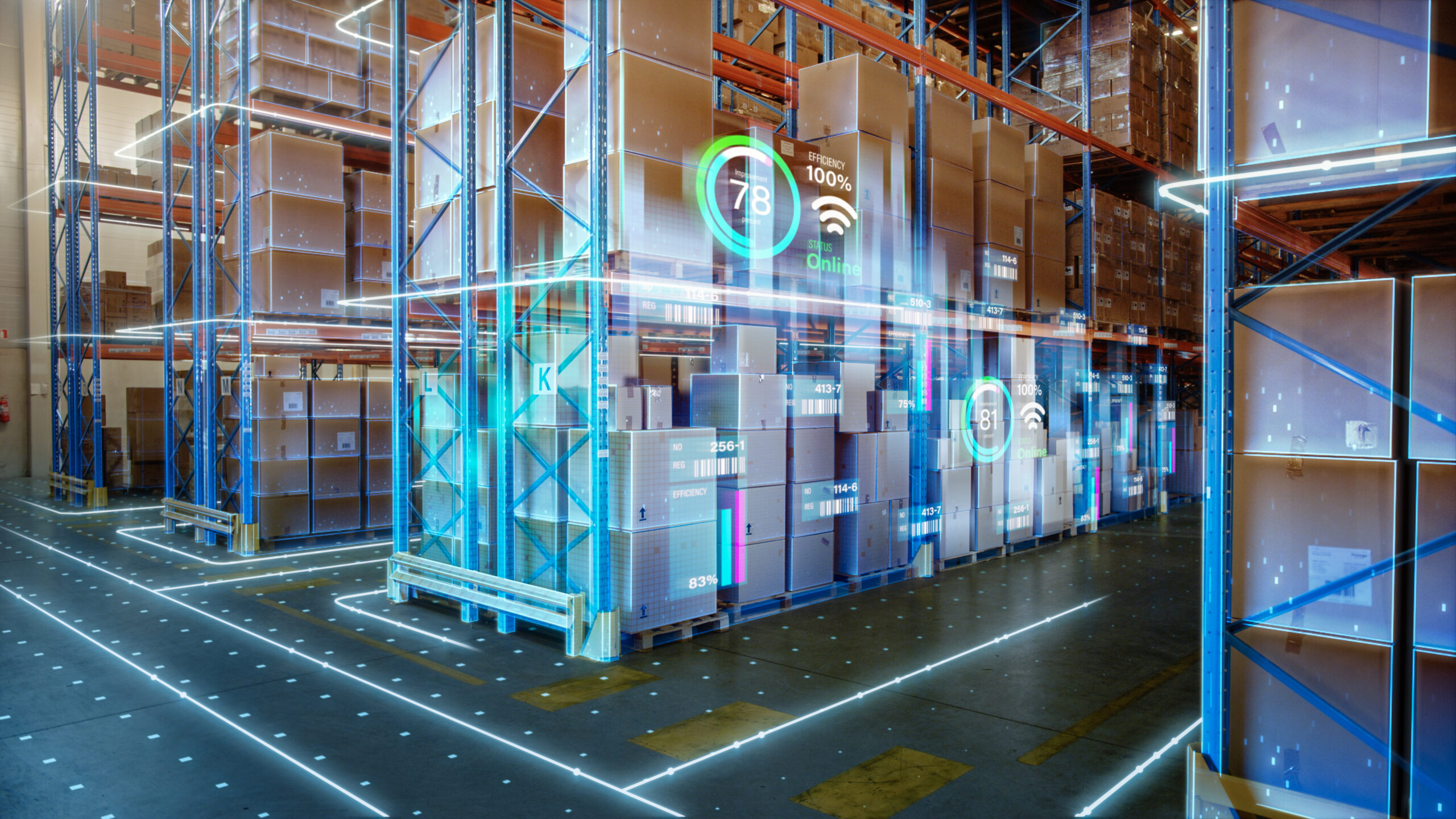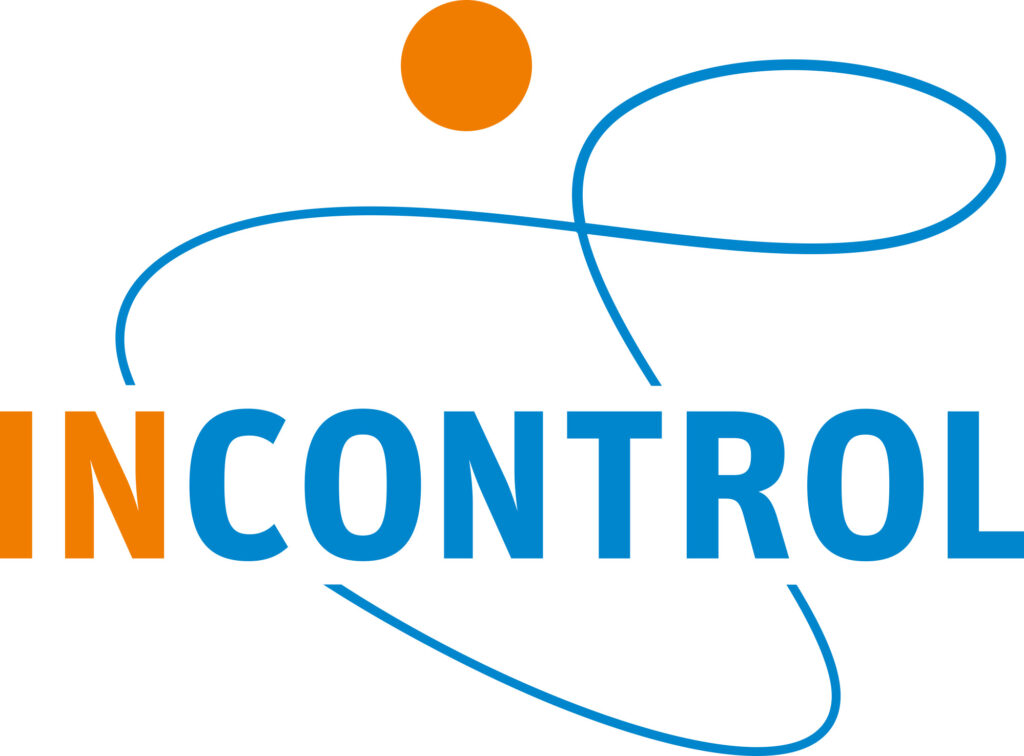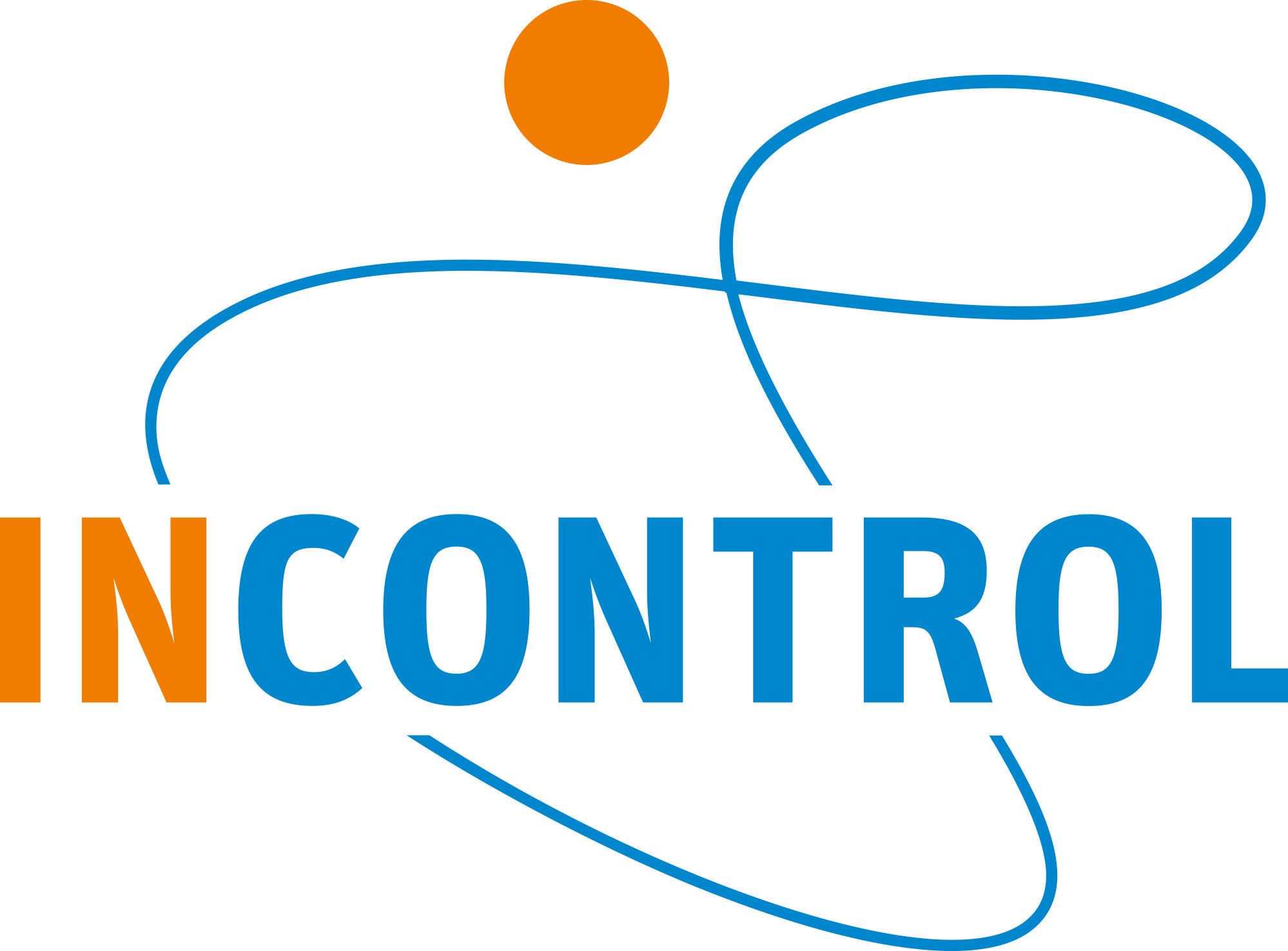Material Handling & Logistics
The requirements for logistics and production solutions of the future are becoming more complex. Smart Logistics and Smart Warehousing make digitalization and rapid technology advancements the norm. Warehouses are crucial breakpoints in supply chains, which optimization and efficiency can ensure evermore paper-thin profit margins are secured and even enhanced. Promises of superfast fulfillment are leading organizations with warehouses to explore digital twins technology, enabling them to mirror the operational setting and run experiments to experience and understand how it can be optimized, and how new technologies can be rolled into play. By creating a digital twin of an individual warehouse, companies can design, simulate, and test new warehouse operations, including (semi) automatic order picking, batching algorithm, stock allocation, (empty) tote management, tracking and tracing, temporary storage and shelving virtually. On the flight changes are part of a consistent roll out approach.

Your Challenges
If there is one area where simulation is very applicable, it is (semi) automated-material handling systems. The underlying question within this market is often the estimation of the Return- On- Investment (ROI) for automated handling systems. It generally concerns a tradeoff between preserving a manual operation and investing in the automation of material handling. Simulation makes a cost efficient one-time-right implementation realistic. To increase efficiency in the system and create a fail-safe environment, the use of a virtual representation of your material handling processes is essential.
- Where are the bottlenecks in the system that cause congestions?
- Does an additional conveyor or improvement of the accessibility and/or capacity of the Automatic Storage/Retrieval System enhance efficiency while reducing costs?
- What are the possibilities to scale-up or down specific fast and slow moving products?
- What is the impact of further automation by shuttles and robots of my material handling processes?
- How may robotics more economically improve processes?
- How can optimized scheduling improve the process?

Our solution
InControl’s simulation software captures all functionalities to let you make informed decisions about material handling and transportation systems. Whether it concerns a large, completely automated system or a hybrid material handling system, our simulation software enables you to perform in-depth analytics to evaluate and compare relevant scenarios. With our software we provide you with proven algorithm-driven models of automated handling systems of production settings, warehouse/distribution centers, transportation (Metro, Train, Bus, Tram, Bicycle) and airport baggage systems. Besides, several manufacturers of automated material handling systems use our software as a service to design, optimize and monitor system functionality of their customers.
What we offer:
- Software Licenses
- Software applications
- Analytical Consultancy
- Training
- Maintenance and support

Leading Digital Twin Software for Material Handling & Logistics
experiments to explore optimization possibilities and the integration of new technologies.

Simulation Supporting Total Airport Management

Experience the future of Rail Transport
News related to Material Handling and Logistics
How Wageningen University & Research Integrates Simulation Software in Education
Explore our software
Get in touch



